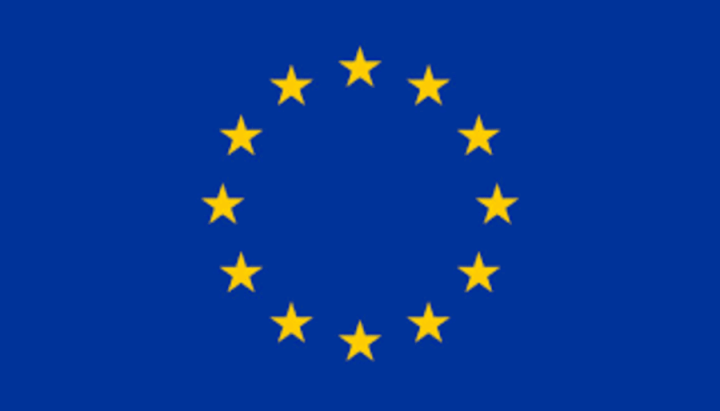
Ten countries seek to join the European Union. These ten countries are Ukraine, Moldova, Turkey, North Macedonia, Albania, Bosnia and Herzegovina, Georgia, Serbia, Montenegro and Kosovo. These countries must advance structural reforms to qualify themselves to join the European Union. The EU wants these countries to demonstrate their ability to have sustainable growth into the future. The EU website states that the enlargement process is purely merit based and depends on the progress made by each of the countries. This progress involves that financial progression so that these countries can withstand the single market of the European Union. These measures would make sure that these countries would be able to thrive in the EU.
The European Union is a group of 27 countries in Europe. Their main aims can be put into 3 main categories which all fall under striving to do many things that would foster a better Europe. Their first aim is to promote peace and stability within their borders by promoting security within its borders. They want to foster economic growth and integration between its member states by creating a single market which would allow for easy transportation of many resources. Finally, they want to promote basic human rights by promoting human rights and upholding the rule of law. They use programs to achieve their aims. The single market is a program aimed to make the EU financially prosperous which as mentioned before allows for free movement of goods. The Eurozone is a fancy name for every country using the official currency of the European Union which is the euro. The Schengen Area which allows citizens of the European Union to move around to other member states without a passport. Finally, the erasmus program further education within the member states by promoting student exchanges between member states. These programs are what entice many countries in Europe to join the European Union.
The beginnings of the European Union trace back to the end of World War 2. Founded in 1951, the European Coal and Steel community was created which was the first step of strengthening relations between the countries of Europe. Six years later, the Treaty of Rome established the European Economic Community (ECC). The European Economic Community was made to eliminate trade barriers between European countries. In 1958, the European Parliament was created and held its first meeting in France. This led into the 1960s which was a booming time for European financial growth. In fact, this period went so well for the ECC that this period was named the Swinging Sixties. 3 new countries joined in the 1970s growing the Eu to around 9 member states. Another 3 countries joined in the 1980s with the Erasmus program starting. They also started the single market in the 1980s. The Schengen Area and the Euro were both created in the 1990’s. Another 3 countries also joined in the 1990’s. In the turn of the new millennium, an astounding 12 countries joined the EU. The Lisbon treaty was also signed in 2007. Croatia is the final country to join as of right now joining in 2013.
Ukraine applied for EU membership around 2022. The same year, Ukraine was granted status as a candidate country. In late 2023, Ukraine decided it was going to negotiate about accession to the EU with the talks beginning in the summer of 2024. The neighboring country of Moldova is also trying to join the EU. Moldova applied for membership the same year that Ukraine did and coincidentally gained candidate status in 2022. To start accession talks with Moldova, the EU formally requested for Moldova to get rid of its oligarchs, reform public administration and finances, and to reform its judiciary system. Moldova started talks with the EU in July 2024. North Macedonia has been a candidate a lot longer than Moldova and Ukraine as they have been a candidate since 2005. However, talks have not started with the EU because of a strained relationship with Bulgaria. Montenegro got candidate status only 5 years after North Macedonia, Unlike North Macedonia, Montenegro began talks in 2012. Since then , they have completed 33 out of the 35 chapters required to become a EU member. This differs with Serbia who gained candidate status in the same year ,but has only completed 22 out of the 35 chapters. Another Balkan country, Albania, has been a candidate since 2014. Their accession talks started in 2022. Like North Macedonia, their progress has been held up by Bulgaria who has objected to their inclusion in the European Union. Turkey has the longest candidate status by getting status in 1999. However, Turkey’s inclusion to the EU has ceased due to human rights conflicts. Bosnia and Herzegovina has had candidate status since 2022. Their talks will start when they show a degree of compliance with the criteria of being a EU member. The most recent country that got candidate status is Georgia who got theirs in December 2023. Georgia has not begun talks with the EU by the time of the writing of this article. Kosovo is the final country and has applied to become a candidate for accession.
Written by Samarth Irani


